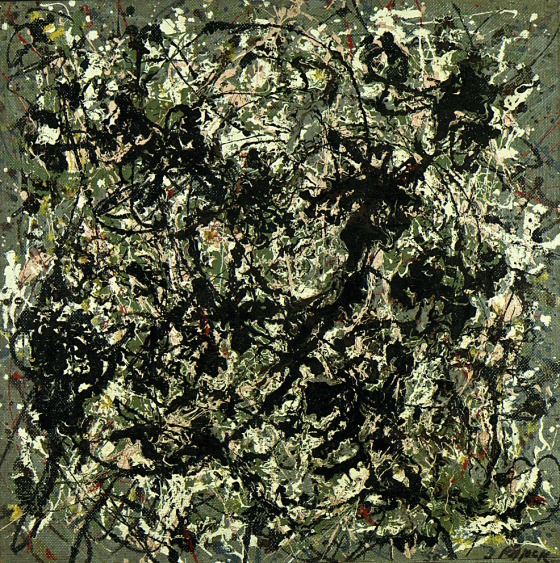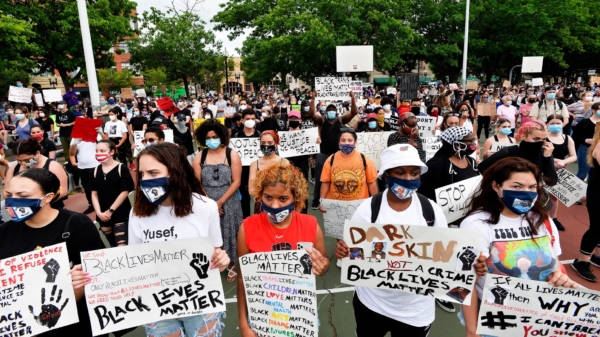The World and the Will: On the Problem of Photographic Agency

We should be struck by the similarity between Davidson’s position and the Tractarian one that Anscombe rejects. Both positions depict the core of agency (either “willing” or “primitive action”) as on one side of a divide and the world (the results, the wider descriptions) as on the other, with the connection between these things depicted as something further that a human agent must presume but is powerless to effect. And this is exactly the opposite of Anscombe’s own view.
Recognizing Human Action

Michaels is confusing the issue when he says that a human artwork that looks like nature in Kant’s sense is participating in “the refusal of intentionality;” rather, it is the outcome of an overcoming of artifice, where the work achieves a naturalness that we could never find in the rest of nature, and so does not let us forget we are beholding something intended. Perhaps chimpanzee paintings fall into an obscure grey area between Kant’s two poles, not achieving the status of painting while—because we cannot but see some intimation of meaning in them—making it impossible for us to appreciate them in the way we do sunsets.
Authors

Browse by Author Browse by Author
Home

New to nonsite read more Looking Backward to Counter Mysticism and Despairby Adolph Reed, Jr.Blinded by Righteous Outrage: From the 1994 Crime Act to Trump 2.0by Touré F. ReedRobotic Pollocks in the Age of Amazon: Ex Machina, Actions, and Mechanical Artby José Antonio ArellanoThe Earth’s Intentions: Richard Powers’s The Overstory and the Limits of Anti-Anthropocentrismby […]
To End Police Violence Fund Public Goods and Raise Wages

All of this is to say that we cannot solve the problem of police violence by avoiding the problem of poverty. Yet this is exactly what the “defund” solution threatens to do. In a remarkable twist, liberal militants have embraced austerity as a solution for local government. Slashing police budgets has been so widely accepted on the Left that criticism of it—on welfarist grounds, policy implementation, or simple political commonsense—has been labeled reactionary or racist. The reality, as I have tried to show, is that if defunding the police were to result in fewer beat cops, more poverty wages for officers in already poor districts, less police training and effectively no change in the presence of guns or the rate of poverty, then the defunding “solution”—for all its radical rhetoric—would likely result in more, not fewer, incidences of police lethality.
The Surprising Geography of Police Killings: Back-of-the-Napkin Calculations on Race, Region, and Violence

The key number, however, is this: Only 7 percent of Massachusetts’s residents are black, yet they constituted 35 percent of people killed by cops. African Americans therefore appear in Massachusetts police homicide stats at five times the rate, or with 400 percent greater frequency, than do they appear in the state’s total population count. Now we are beginning to see where the national average comes from.
The Policing Crisis

The call to defund or abolish the police is a gift to the right. We need instead a series of radical reforms along with enhanced training, closer supervision, and democratic accountability. We should be looking to models that work rather than engaging in fantasies about civil patrols and communal policing, which will ultimately mean an expansion of private guard labor and private policing, unaccountable to public oversight.
Between #Defund and Reform: Reimagining Safety and Restructuring American Policing

By decriminalizing minor infractions and offering alternatives to police interactions, including utilizing technology to overcome unnecessary, unsafe, and costly traffic stops, the U.S. could improve safety outcomes. Instead of a call to #defund law enforcement, let’s question where funding comes from in order to restructure it and create a better public safety infrastructure.
Are unions the prime determinants of police behavior?

As others here have said, the primary function of the police is to protect property rather than people. More specifically, it is to contain and repress the anxiety and anger caused by economic desperation. It is also to clear out low-income areas for gentrification, and broadly to police the borders between higher-income and poor parts of town. As the economy gets more unequal and a growing proportion of people fall into increasingly desperate economic straits, more and/or more aggressive policing is needed to accomplish this goal.
Policing Crisis Requires Moving Beyond Current Discourse

It’s 100% true that cops in our society are on what I would say is the wrong side of basically everything politically. But that’s actually true of a lot of occupations. Coal miner’s living depends on extracting carbon from the earth that poisons the entire world, but disproportionately so members of their own class, to enrich a small number of ruthless plunderers.


